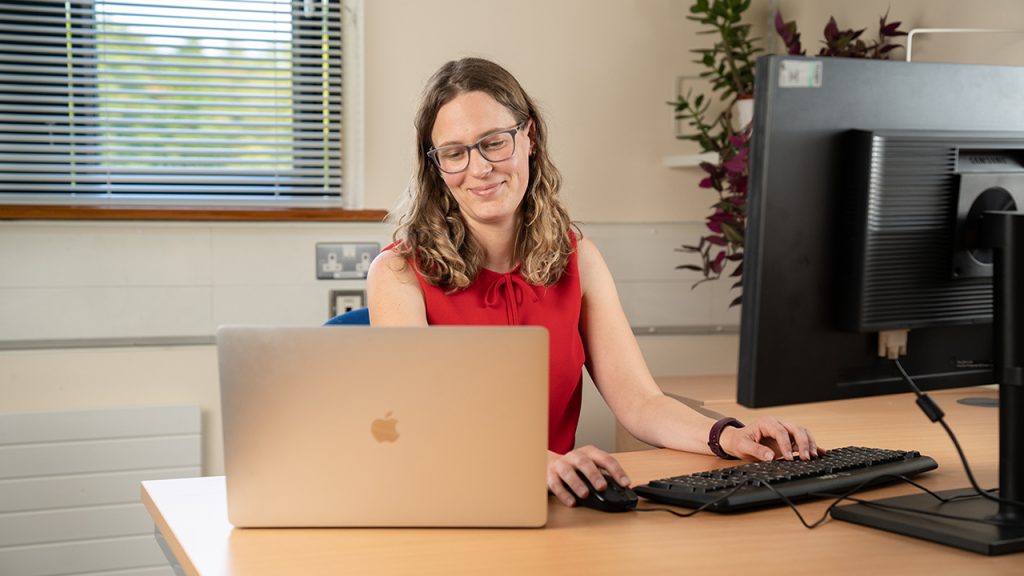
New research to focus on climate extremes in a net-zero world
Working out what a net-zero world will look like is the goal of new research by Dr Andrea Dittus, a senior climate scientist at the National Centre for Atmospheric Science and University of Reading.
World leaders have made commitments to limit global warming to below 2°C – and 1.5 °C if possible – following the 2015 Paris Agreement. This ambition can only be achieved by reducing global emissions of greenhouse gases to net zero.
The new five-year research project, led by Dr Andrea Dittus and funded by the Natural Environment Research Council, will explore how the climate could change in a future where greenhouse gas emissions have been reduced to net zero, and global temperatures have stabilised compared to the current rapid warming trends.
Dr Andrea Dittus explains why this research is important and timely:
“We have all seen the record temperatures and wildfires dominate Europe in the past few weeks. Climate change is playing a major part in this. We need to better understand how climate and climate extremes would evolve in a world where temperatures have stabilised at the global scale.
“There is growing evidence that the climate’s behaviour could vary significantly between a rapidly warming world and a stabilising one, even if they have similar temperature levels.
“By analysing these changes, we can learn how our climate may evolve in a more sustainable future.”
Andrea’s research, starting in January 2024, will involve using climate model simulations to develop scenarios highlighting the climate impacts different regions might experience in a net-zero world.
One scenario will focus on how a series of volcanic eruptions could stabilise global climate. Multiple successive large volcanic eruptions could have important effects on temperature and rainfall patterns across the globe. Large successive eruptions occurred in the 19th century and could occur again – but this possibility is not something routinely included in climate projections.
